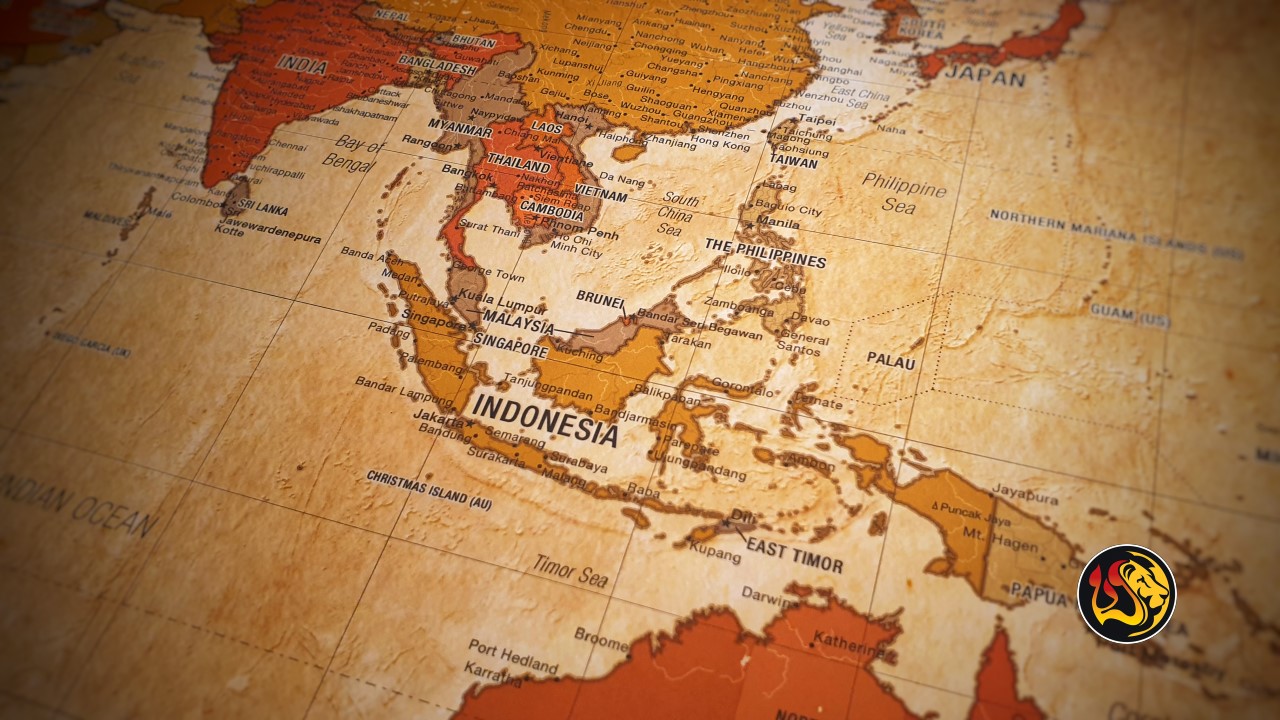By Stefan J. Bos, Chief International Correspondent Worthy News
(Worthy News) - The killings of four Christian farmers underscore mounting Islamic extremism facing Indonesia’s Christian minority, Worthy News established Tuesday.
After hundreds of Christians attended funerals for those killed in Kalimago village in Poso regency, authorities linked the May 11 attack to the East Indonesian Mujahedeen group, also known as Mujahedeen Indonesia Timur (MIT).
The farmers worked in a coffee plantation in Kalimago village when they were attacked by five MIT militants wielding swords, police investigators and Christians revealed.
Police spokesman for Central Sulawesi, Didik Supranoto, said the attack was reported by a fifth farmer who escaped. Farmers from the village reportedly saw wounds to their necks on two of the victims aged between 42 and 61.
There were unconfirmed reports that at least one and possibly more had been beheaded. The MIT group has been active in the mountainous Poso district since 2010. The United Nations, Indonesia, and the United States have labeled MIT a terrorist organization.
The group’s founder, Abu Wardah Santoso, pledged allegiance to the Islamic State group in 2014. He was killed two years later by the Indonesian police after hiding in the jungles near Poso, Sulawesi
ISLAMIC STATE
However, current MIT leader Ali Kalora, who has affirmed allegiance to Islamic State, is still being hunted by police. He is thought to be responsible for an earlier attack by Islamist militants on the Salvation Army church and service building in late November in Indonesia’s Central Sulawesi province, local Christians told Worthy News.
They beheaded one victim, slit the throat of a second, and broke the neck of a third. A fourth victim was burnt to death, according to Christians familiar with the situation.
Six nearby houses of church members were also torched in the November attack in the province’s Sigi Regency area in Lembantongoa village.
Churches have also been attacked in recent months, including on Palm Sunday when two Islamist attackers blew themselves up outside a packed Roman Catholic cathedral on Indonesia’s Sulawesi island. At least 20 bystanders were injured, police said.
Church leaders have expressed concern that anti-Christian sentiments are spreading in the world’s largest Muslim nation as Muslim leaders try to halt the spread of Christianity.
Anti-Christian sentiments have also spread within Indonesia’s security forces, according to several churches. That is, for instance, the case in the troubled Papua region where the West Papua Council of Churches claims Indonesia’s Indonesia’s military kills Christian leaders.
PASTOR TARGETED
Among those targeted was Pastor Yeremia Zanambani of the Protestant Evangelical Church, who was killed in the Intan Jaya regency area on September 19, investigators said.
A report from the Indonesian National Commission on Human Rights said that Pastor Zanambani was tortured before being shot by Indonesia’s army. Soon after, another pastor, Albert Degei, was found dead in mysterious circumstances in the Nabire regency, Christians added.
There were more incidents including on October 7 when Catholic catechist Agustinus Duwitau was shot and injured. Indonesian soldiers allegedly mistook him for a member of the independence-seeking West Papua National Liberation Army.
Details emerged as violence spread to the highlands of Papua province, with two school teachers shot dead in April in Puncak district.
The West Papua Liberation Army claimed responsibility for at least one of the killings, saying the teacher was an Indonesian spy.
The clashes have displaced thousands.
CHRISTIAN CHIEF
The uptick in violence also comes as a significant challenge for Indonesia’s national police chief, the first Christian to hold this post in 50 years in the world’s largest Muslim-majority nation.
Commissioner General Listyo Sigit Prabowo, a close ally of President Joko Widodo, was sworn in on January 27, pledging to stamp out intolerance and radicalism and “promote diversity.” President Widodo, a Muslim also known as Jokowi, had promised to tackle Islamic extremism amid broader concerns about violence or persecution of minority Christians.
However, the recent attacks show that he faces an uphill battle, with some critics saying he is busier with economic reforms than with troubled faces by minority Christians.
Despite the reported persecution of believers in several parts of Indonesia, Christianity is growing, according to evangelical church leaders speaking to Worthy News.
In Jakarta, the capital, at least 40-50 percent of residents may be "Christian," according to church group estimates. It remains unclear how many of them are "born-again," a move that involves accepting Jesus Christ as "personal Lord and Savior." Being "born again" is seen by many pa
Commissioner General Listyo Sigit Prabowo, a close ally of President Joko Widodo, was sworn in on January 27, pledging to stamp out intolerance and radicalism and “promote diversity.” President Widodo, a Muslim also known as Jokowi, had promised to tackle Islamic extremism amid broader concerns about violence or persecution of minority Christians.
UPHIlL BATTLE
However, the recent attacks show that he faces an uphill battle, with some critics saying he is busier with economic reforms than with troubled faces by minority Christians.
Despite the reported persecution of believers in several parts of Indonesia, Christianity is growing, according to evangelical church leaders speaking to Worthy News.
In Jakarta, the capital, at least 40-50 percent of residents may be "Christian," according to church group estimates.
It remains unclear how many of them are "born-again," a move that involves accepting Jesus Christ as "personal Lord and Savior." Being "born again" is seen by many pastors as the essence of Christianity.
Currently, some 10 percent of Indonesia’s 275 million people identify themselves as Christians, according to estimates cited by the U.S. Central Intelligence Agency (CIA).
However, “We expect half of Indonesians to be Christian, at least in name, within five to 10 years," a senior church leader and evangelist told Worthy News earlier on condition of anonymity. He expected at least some 130-140 million Indonesians to identify themselves as Christian by 2028.

